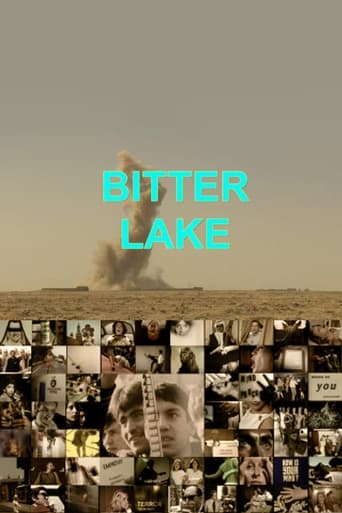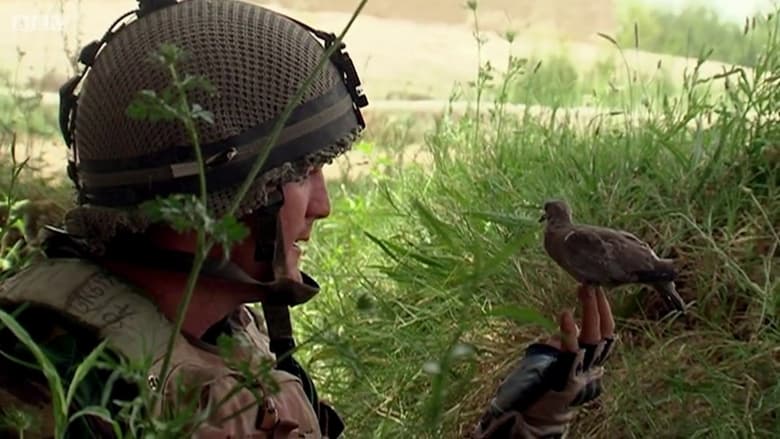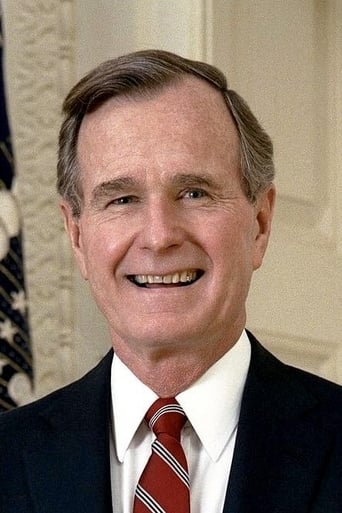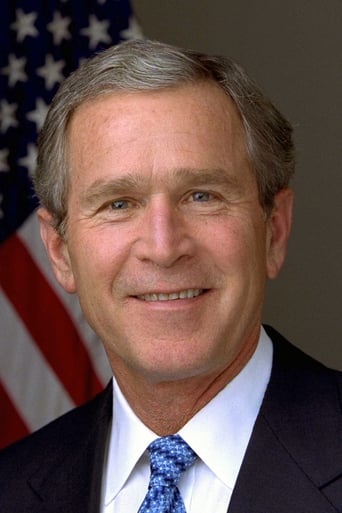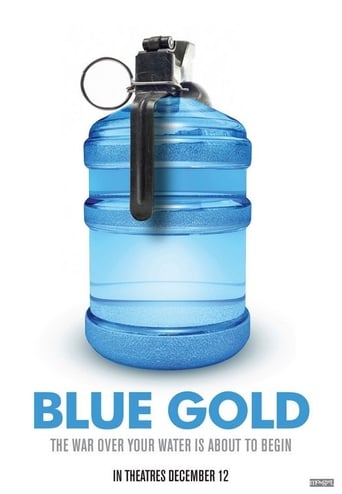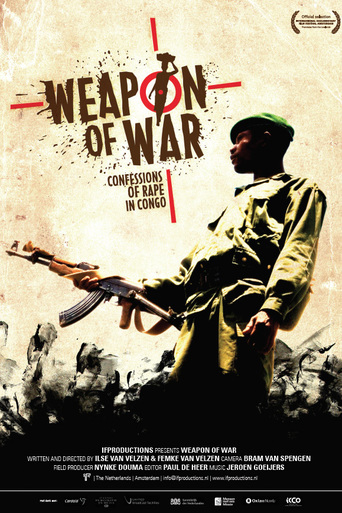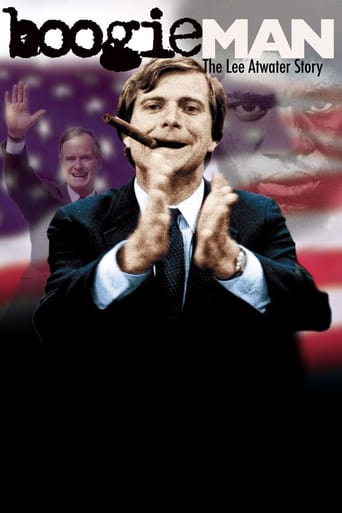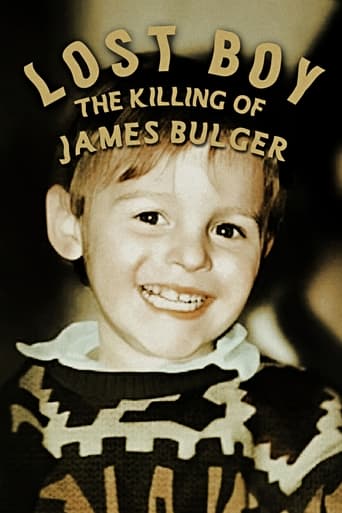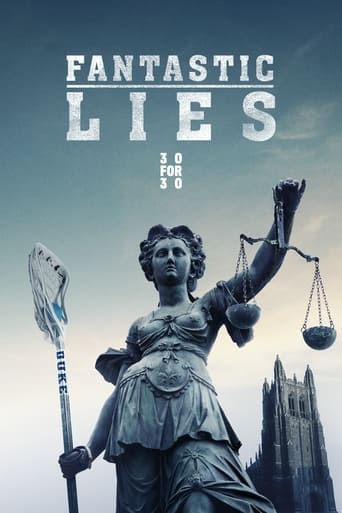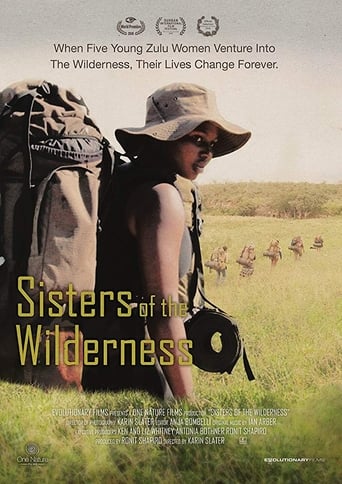Bitter Lake (2015)
An experimental documentary that explores Saudi Arabia's relationship with the U.S. and the role this has played in the war in Afghanistan.
Watch Trailer
Cast


Similar titles
Reviews
I like the storyline of this show,it attract me so much
Good concept, poorly executed.
A Masterpiece!
Good films always raise compelling questions, whether the format is fiction or documentary fact.
I like Adam Curtis - he is a strong force for good in this world and he usually offers a much needed balance to the usual party and partisan line. He makes the kind of films that Michael Moore would surely like to make if he didn't need the money so much. Bitter Lake attempts to explain the complex situation in Afghanistan and the history behind the UK and US failed military objectives and recent withdrawals. It is a long film and it is not told in a linear fashion. It's a sonic and visual roller coaster ride - so you had better commit time to it. Don't watch it if you are tired or seeking some benign background amusement. A few people have mentioned about the scene with the soldier and the bird. I think that they perhaps missed the irony and the juxtaposition of it. There were many other scenes that were there doing the same job. Bitter Lake is an important film because it enlightened me as to how the British Army, The Red Army and the US Army and many other Western Powers and Organisations have failed in all of their efforts to tame this wild and archaic land with their hardy, courageous, stubborn and proud people.
I was so happy to read about a new production but disappointingly, this is the worst doc I've seen from A.C. He seems bent on wasting time. Quite deservedly, there's an edited, shorter version on YouTube, called the 'teacher's edit'. A.C.'s narration covers probably.. 15% or even less of the total play time. The movie is riddled with long meaningless clips and cross-cuts, which may have symbolic meaning, given the spectator's good will and imagination. What's good is how it forces the viewer to contemplate what you're watching, forcing immersion. However, the subject being the history of Afghanistan and its would-be conquerors, which the viewer most likely is uninformed on and how serious this subject is; trying to make the viewer put the pieces together himself is just an outright bad idea! The cross-cuts are close to infuriating, especially since they jump between the 70s to present day. At a handful of times, between probably hundred or more clips, the year of the current clip is displayed, as it is somehow important to know the year for this particular clip. Then there is a new clip and it might as well be 20 years prior. With most of the recordings being from low-tech Afghanistan, there are also very few visual clues to give you any idea of year. This may be argued as an interesting point in itself, but when trying to actually get hold of the history and context it's just labyrinthian. When I watch a documentary I don't want to metaphysically have a condensed experience of what is the theme of the story Curtis is telling, I want to be informed. Towards the end of the movie there's a few minutes with an interview of a young British veteran, and for a brief moment it feels like you're actually watching a documentary and not Curtis's 'Lynch-Arthaus-weirdo-masterpiece'. BTW, that's the only interview in the whole film. That's - one - 2- minute interview in a 2 hours 15 minutes documentary. (There's is also an interview with an NGO woman but I think this interview was not done by Curtis) There are a few strong and captivating scenes scattered throughout. Some are heartbreaking and memorable, especially that of a mutilated young girl wearing a dress and a birthday crown, with her father trying to cheer her up. I do -feel- I have a better understanding of Afghanistan's history from viewing this, but I believe if this was done in a more informative style I would -actually know- more and not just -feel- that I do... Kudos to Curtis for trying to experiment but this wasn't the one. I hope Curtis steps up his game on the next go.
Overall, as a documentary of American involvement in Afghanistan and its role as the power behind the 'throne' of Saudi Arabia it is overly long and of insufficient substance. There are many long sequences of essentially 'art house' material that does not drive the narrative. The actual narrative is no more than 15 minutes in length, and really that is well worth watching. Is it worth wading through more than 2 hours of 'found footage' for this narrative; for most people, I would say it's not. And that's probably why the BBC decided to release this only online on iPlayer. Even there it's not exactly very well promoted; the BBC's own iplayer search engine will not find it. It is still there but you have to use google to find out where it is. As to the narrative itself there are a number of fundamental flaws. The most important part of which is the importance and relevance of a British role in current affairs; there is a constant refrain of America and Britain, as if the two were somehow a joint force; that Britain somehow leads the way and America follows. It is Britain that industrialises and then so does America. It is British banks in which the Saudis kept their wealth, and it was this wealth that was then lent to people who could not pay it back, and the Americans followed along with this. In reality, it is Britain who has industrialised following its loss of empire, along with other previous European imperial powers like France. And it was British and other European banks that were bankrupted by wall street banks trying to shift their bad loans onto anyone foolish enough to buy them. Yes, a few wall street banks did go bankrupt but today they are stronger than ever. British banks are by contrast still bankrupt, kept alive by state ownership. Yes, there is the 'rust belt' in America where you can find disused factories but there is also 'silicon valley' which is a model of efficient production. In reality there has been a shift in the American economy which has led to decline in some areas and great wealth in others. And that shift is in some way reflected not in Britain in but within the European Union as a whole. Areas such as Britain are in decline but areas such as Germany, Denmark, and Netherlands have no empty factories and are very much in the ascendant.As for the political narrative that is superimposed onto events this is even more naïve. The image of 'good and evil', of 'liberating' foreign lands and bringing modern 'civilization' and technological progress to backward peoples is straight from 'empire'. The Americans don't really believe this because they quite plainly install corrupt undemocratic client regimes where they can and don't put serious money into improving the countries over which they have dominion. What Curtis is actually describing is the narrative of 'empire' where the British attempted to colonize much of the world including countries such as China and India; and where this did include huge investments to rebuild entire nations in the British imperial image, which was done under the narrative of 'modernization' and 'civilization'. America has always been careful in reflecting this narrative of 'empire' to the British to allow them the illusion of past glory. Curtis uncritically and unthinkingly reflects this back again, apparently unwittingly inwards to a British audience.Adam Curtis therefore makes fundamental errors in describing our own society. His narrative of Islamic society is much worse. Just as one example; to say the Osama bin Laden as a major influence in the Islamic world is just wrong. He was a member of a (tiny) militant offshoot of the Egyptian Muslim Brotherhood, which was (and still is) led by Dr. Ayman al-Zawahri. Curtis knows this because he made a similar (and much better) documentary about 9/11 in 2004. The conclusion of that documentary was that 'al-queda' was an invention of the American intelligence and did not really exist. Here Curtis seems to forget the conclusions of his previous work and play into the conventional narrative put forward by Washington. Rather conveniently, it is all the fault of the 'extreme' views of the 'wahabis'. He draws a rather convenient thread from the extremists who brought the Saudi 'king' to power to the current target of an American bombing campaign in the middle east : Islamic State. Again, this does not in any way reflect the complexities of Islamic society in the middle east but rather a concern some in Washington have about their ally Saudi Arabia, on whom they depend on for oil. Who are Islamic State really? Surely Curtis would be aware of the small band of extremists who started in Mecca and Medina 1400 years ago and whose 'caliphate' within a few years threatened the gates of Constantinople, the imperial capital of the eastern roman empire. The greeks who ran the eastern roman empire had a great fear of these 'crazies' from the desert. Ironically the beliefs of these greeks stemmed from five centuries before this when another small band of 'crazies' threatened the roman empire; a band of extremist jews whose radical interpretation of Plato undermined the belief system of the roman world.
'And so the story goes, they wore the clothes to make it seem impossible. The whale of a lie like they hope it was.' The music of the chameleonic, ambiguous, faded jaded star who fell to earth and sold the world is the key to this film, which challenges the very concept of a documentary. Is this postmodernism in extremis or a clarion call to revolution? That question is the very point. Curtis presents a very clear and persuasive narrative of world events over, no, within a surreal AND undeniably real meditation that is at once document and dream. It is as true and fabricated and horrific as Apocalypse Now while being somehow less stagey. The footage is real. Most of it. (Although Bowie could be as stagey as any marionette or as sparsely bleak as the shellshocked junkie). Bitter Lake is a documentary about Afghanistan. And the modern world. The media. Itself. Chameleon, corinthian, and caricature. It is an attempt to be as contemplative as Tarkovsky, as bitterly ironic, and yet it is clear that Curtis is trying to tell not (only) an artistic truth but a historical truth. The good men of tomorrow, according to the Western forces, turned out not to be what they seemed, buying their positions with heroin and trust. The complexities of Afghanistan's politics and the relation of Afghanistan to world politics, these are not just tackled by Bitter Lake, they are evoked. Is the lake beyond comprehension or can we come to terms with it and ourselves? Bitter Lake is never as glib as that question. You could say it was postmodern and experimental, but it seems too well constructed, or perhaps dreamed, to dissolve into a sea of perspectives. Perhaps it is something new. A myriad that reassembles itself into a guided missile. It certainly feels vital, important, but from these shores the eventual impact is... far off. I might just slip away.

